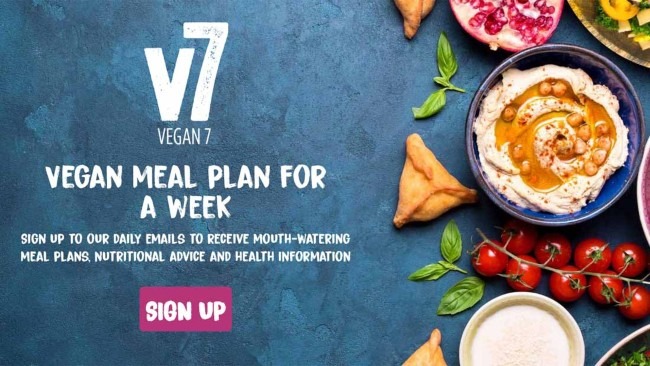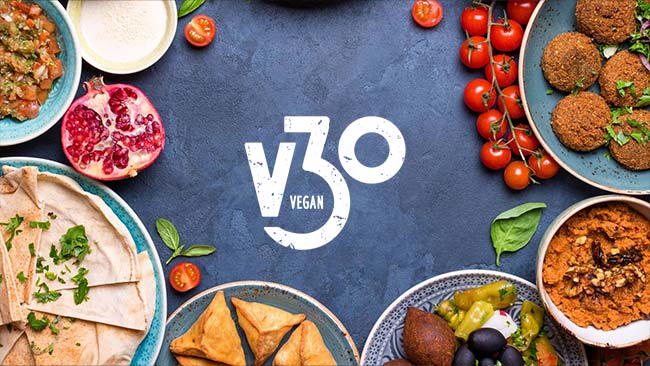Bone health

It’s been drummed into us since we were little – you need milk for healthy bones and to grow up big and strong. The thing is – it’s not true. We need many nutrients to have healthy bones but they absolutely don’t have to be delivered in milk or other dairy products. After all, we, humans, evolved without drinking cow’s milk for millennia and literally all other animals manage to have healthy bones without milk drinking. Most people are also lactose-intolerant – milk causes them all sorts of health issues – so avoid dairy but have healthy bones.
A recent study reviewed over 90 studies on milk, dairy products and bone health in an attempt to find the answer to whether milk is good, bad or neutral for our bones. The results were mixed – some studies showed milk and dairy products had no benefit, others found them beneficial but only for some bones in some people and a few studies found they were bad for the bones (Wallace et al., 2021). However, taken together, the evidence produced one clear result – it’s important to take in enough calcium and vitamin D but it doesn’t have to be from dairy products.
Indeed, in many of the studies, milk improved bone health in people with very low calcium intake but did nothing for those with sufficient calcium (Wallace et al., 2021). So it’s not about milk but about a balanced diet and healthy lifestyle!
When it comes to calcium, we need enough – around 700 milligrams daily – but not too much. A large, long-running study from China found that while low calcium intakes increased the risk of fractures, so did high intakes (Fang et al., 2016). It is generally accepted that daily calcium intake shouldn’t go above 2,000 milligrams and the Government warns that taking more than 1,500 milligrams can lead to stomach pain and diarrhoea. Your body cannot immediately build all calcium into the bones and if you take in too much on a daily basis, your body may store it in the wrong places, such as blood vessel walls, making them harder and limiting their function (Tankeu et al., 2017).
When you make calcium-rich plant foods a part of your daily diet, you’ll have enough calcium but there’s no risk of getting too much. These are the best sources: dark green leafy vegetables (broccoli, kale, watercress and cabbage), tofu, beans, seeds (especially sesame and tahini – sesame seed paste) and nuts (especially almonds), oranges, dried figs and fortified plant milks.
Research shows that a diet rich in fruit and vegetables, calcium-fortified milk alternatives, nuts and grains is excellent for bone health (Movassagh et al., 2018). It’s because these foods naturally contain nutrients essential for bones – protein, calcium, potassium, magnesium, vitamins A, C, K and folate.
According to a major review by the US National Osteoporosis Foundation (Weaver et al., 2016), bones need a good protein supply and plant protein does the job better than animal protein, which produces more acid in the body. The authors also concluded that fruit and vegetables have a positive effect on the bones, while carbonated (fizzy) drinks may have a negative effect. Lastly, they highlighted how important physical activity is for bone health, growth and development – bones need to be stimulated to grow and become stronger!
Going dairy-free is not just a healthy choice, it’s also an ethical and sustainable one. If you’re used to meals based around meat and dairy, the idea of a plant-based diet may be daunting but we’re here to help make it super easy!
Sign up to our daily emails for a week to receive mouth-watering meal plans, nutritional advice and health information.
If you want to try it for a month, sign up to 30 days of delicious vegan recipes, tips and product info… all free!
All about dairy
Find all the above and more in Viva!’s ground-breaking resources:
An eye-opening guide Why You Don’t Need Dairy– presenting information on health, animals and the environment in an easy-to-read format.
A practical guide on how to cut dairy out of your diet and all you need to know to live a healthy and delicious dairy-free life: Everyone’s Going Dairy-Free
If you want to know more about dairy and your health and explore what scientific studies have to say, see the in-depth report White Lies






